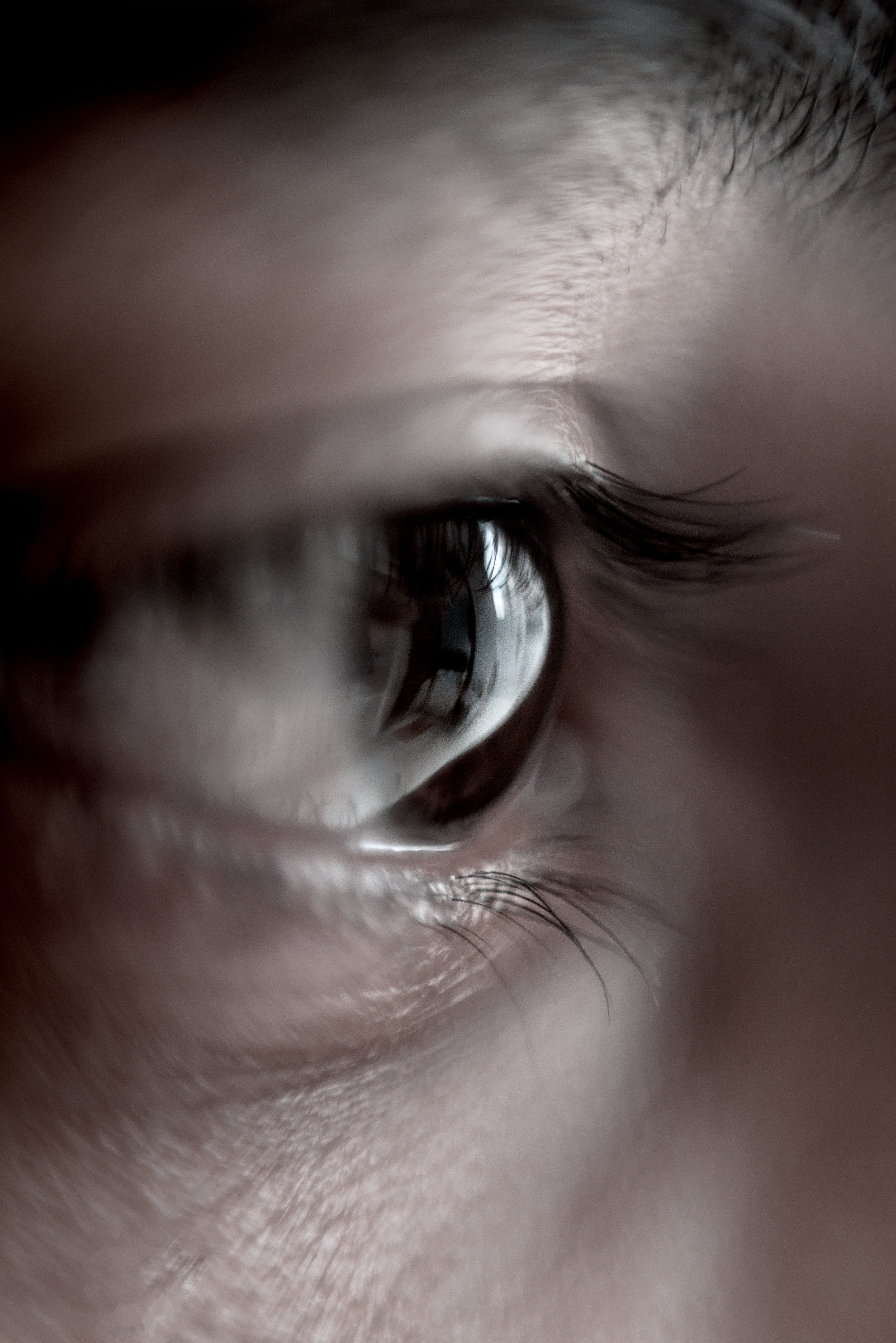I heard a piece of music on BBC Radio 3 Breakfast this morning and instantly burst into tears. (And no, I’m not going to tell you what it was.)* It was one of those unexpected moments when music reaches out and gets under your skin, and from nowhere there’s an immediate emotional response for which you’re wholly unprepared. It’s what music does best, one of its greatest powers: to move you when you least expect it.

It made me reflect on why the music had affected me so much; I’d heard other pieces throughout the morning, but nothing had struck me quite so forcefully until that moment. The piece was a wonderfully intimate song – just voice and piano – small-scale, but operating with an emotional weight far greater than chamber music from two performers might suggest. And I realised it was because, at this moment, I have two huge pieces whirling around in my head – Haydn’s Nelson Mass and Fauré’s Requiem – that we’re preparing for forthcoming concerts here in the Music department, and which I’m in the midst of rehearsing.

The way my brain operates is that, as we gradually draw closer to a performance (the Haydn is in three weeks’ time), it starts to bring the repertoire to the surface and keep it moving through my inner ear, often to the point where the relevant pieces are all I can think about during the whole day. It’s a way, I suppose, of my working through to check that I really do know them before stepping out to conduct them; but it’s also a way of really ensuring I’ve understood the emotional landscape of the music, expressed in its harmonic language. Have I really grasped the import of that diminished chord ? Why is the movement in the cellos and basses at that bar so important ? What’s the effect of that interrupted cadence there ? Why are the second violins playing that particular note when the firsts are playing THAT one ? What does it all mean ?
I think it was Britten who observed that musicians have a thinner layer of skin, so that they can experience the emotion of music more readily (or something like that). For me, this is definitely the case the nearer I get to a performance, as the music continues to sound throughout my imagination each day as the concert draws closer. If the music is to have any chance of operating successfully, then you have to have fully explored its emotional ebb and flow throughout the rehearsal process; you have to have opened yourself up to the harmonic implications in the score, to the emotional terrain it is exploring, in order to bring that out during rehearsals. The musicians have to know why that note, that chord, even that beat’s rest, is important; to understand where their contribution fits into the larger whole, and what effect that should have on the listener. And you can only do that if you’ve made yourself readily accessible to the music’s demands, in order to share them with the musicians and then (hopefully) to the listener. It’s about creating space for emotional honesty – for you as the conductor, for the performers, and for the audience – for which the music is asking; making yourself emotionally susceptible, able to be alive to all the harmonic / emotional nuance in the music to be able to draw it from the performers.

So it seems that those unexpected tears provoked by the piece on the radio came because of the emotional terrain to which I’m opening my ears at the moment ahead of performing the Haydn and the Fauré – two contrasting pieces rich in emotional expression, particularly the latter – and that means I’m obviously in a heightened state of susceptibility towards other music at this point too. It will become increasingly heightened the nearer we get to the concert (aided in no small way, I am sure, by pre-concert nerves…), but it should hopefully mean that, when we come to the performance, we will be taking the listener through the emotional odyssey the composer has asked us to realise in the white-heat of performance.
I’ll just have to be wary of listening to the radio until then…
* (If you’ve read thus far, then perhaps you deserve to know; it was Mel Tormé and George Shearing in a live performance of It Might As Well Be Spring, alright ?! Thanks, Petroc Trelawny…!)


Wonderful reflection giving great insight into the power of music. And makes me want to come to your performances! I also heard that moving piece – the voice was particularly open and tender. Am a regular Breakfast listener – brilliant programme which puts the human voice at the forefront. Thank you for such an interesting blog.
Thanks for reading, and yes, we enjoy listening to the Breakfast programme too, a lovely way to start the day!